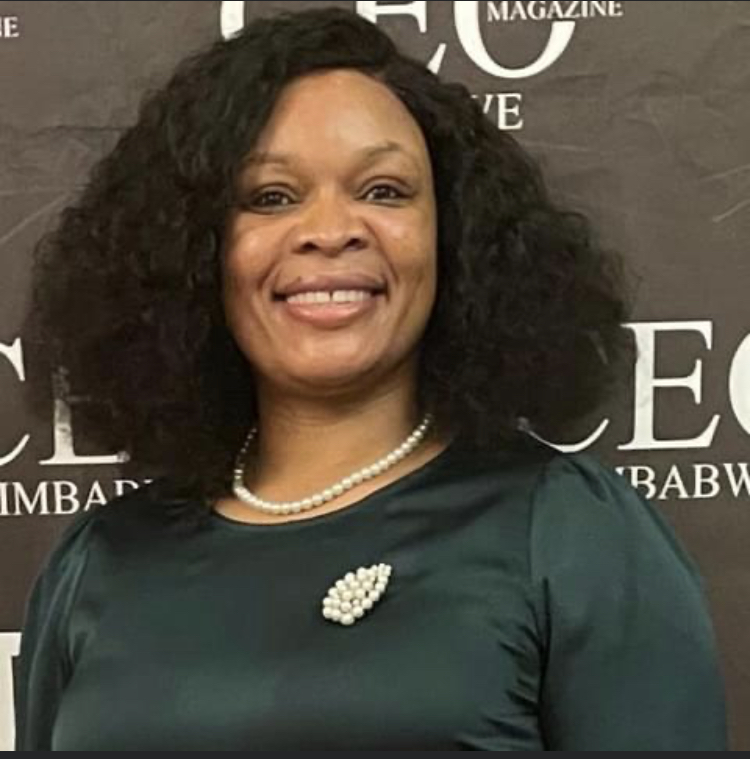Proportional Representation: Women Demand Transparency On Party Lists
Women rights activists have urged political parties to enhance transparency measures in the selection of female candidates who are seconded to parliament through the quota system.
Since the enactment of the constitution in 2013, Zimbabwe runs a two-tier electoral system which includes the First Past the Post and the Quota System.
The first-past-the-post system allows for both men and women to contest for the 210 constituency seats while the quota system led to the establishment of 60 parliamentary no-constituency seats reserved for women.
In an effort to increase women’s representation, the constitution enacted in 2013 provides for the establishment of 60 extra seats in parliament.
Through a system of proportional representation, the seatscare allocated to women.
The quota system which was supposed to run for two terms of parliament was extended through a constitutional amendment.
The extension of the quota system attracted mixed feelings.
However, women’s rights activists maintain that while the system has helped increase the number of women in parliament the process of selection required transparency.
Speaking during a Twitter Space discussion hosted by the Zimbabwe Elections Support Network (ZESN) last Wednesday, the Women’s Coalition of Zimbabwe (WCOZ) National Coordinator Sally Ncube said the political parties had to be open about the selection process.
“Strengthening political party selection is important so that it is transparent and inclusive.
“Internal policy documents should be designed in a manner that prescribes how one makes it to the list.
“What is the selection process, everyone has access to that information, and everyone contests, and everyone contests in such a manner that it leaves no voice, no region, or age, and no gender behind,” Ncube said.
Women who make it on the list have been at the mercy of party officials in charge of selection.
Quota System A Breeding Ground For Abuse.
Furthermore, Women Academy for Political Excellence Director Sta Dehwa who was also a panelist alluded to the fact that the quota system created a breeding ground for the abuse of women.
“in order for women to be put on the quota seats, we have seen them being exposed to sexual harassment.
“We have seen women with no constituencies and we have seen the discrimination happening in parliament,” Dehwa said.
Research conducted by WALPE to ascertain the efficacy of the quota system revealed that 64% of women in rural areas did not know about the 60 seats.
The research finding supports the argument by women activists about the exclusionary and opaque nature of the selection system.
Since the commencement of the quota system, only party officials know how a woman makes it to the list but as the 2023 elections approach, time will tell whether political parties will give in to the women’s demands.
Proportional Representation: Women Demand Transparency On Party Lists


![How to get title deeds for farms in Zimbabwe [EXPLANATION]](https://openparly.com/wp-content/uploads/2025/09/Masuka-420x280.jpg)
